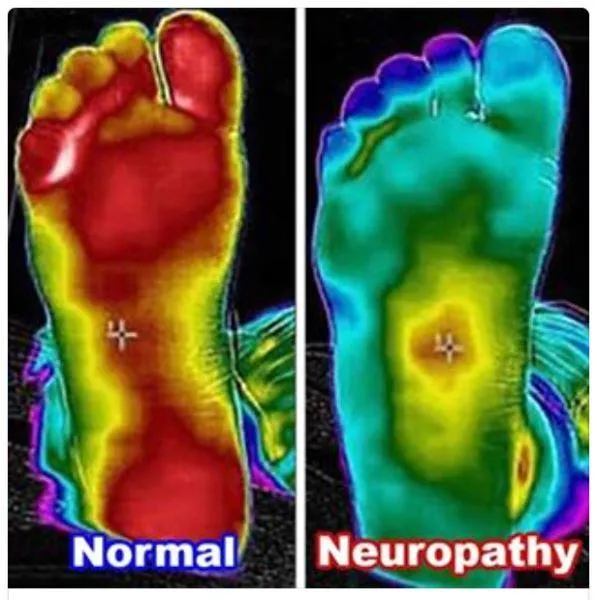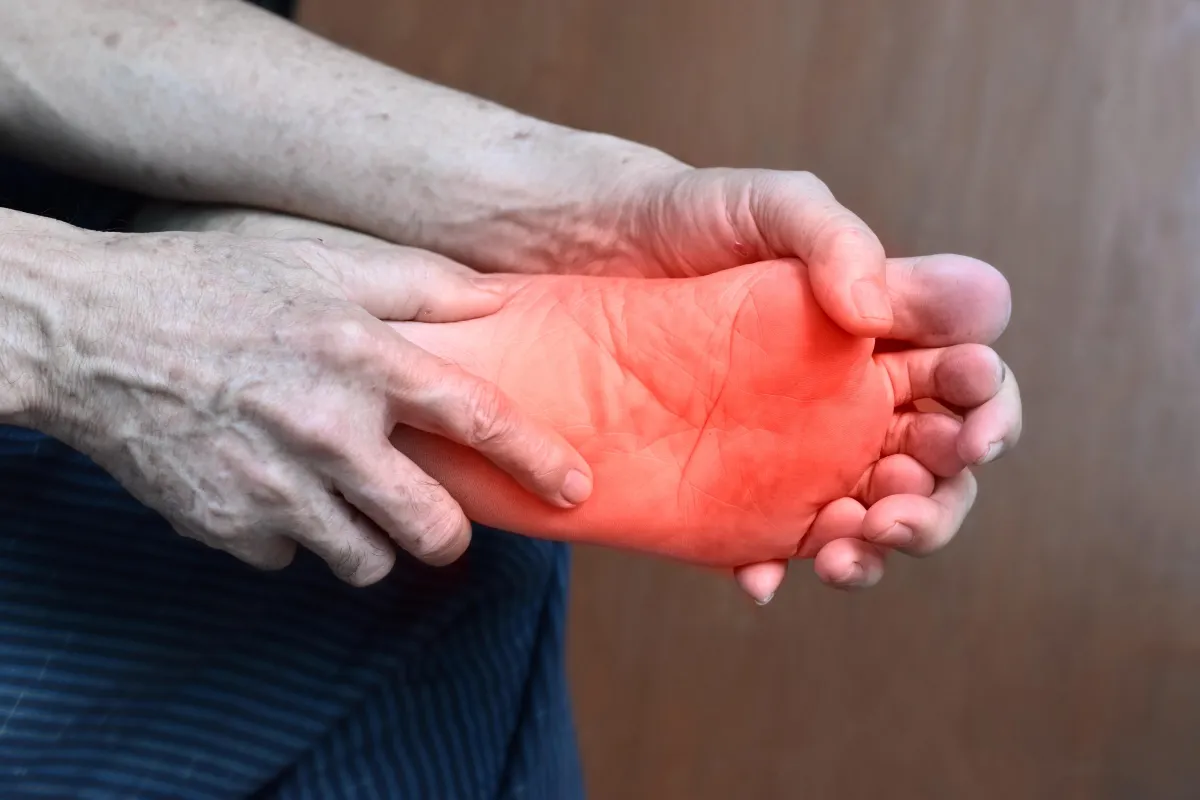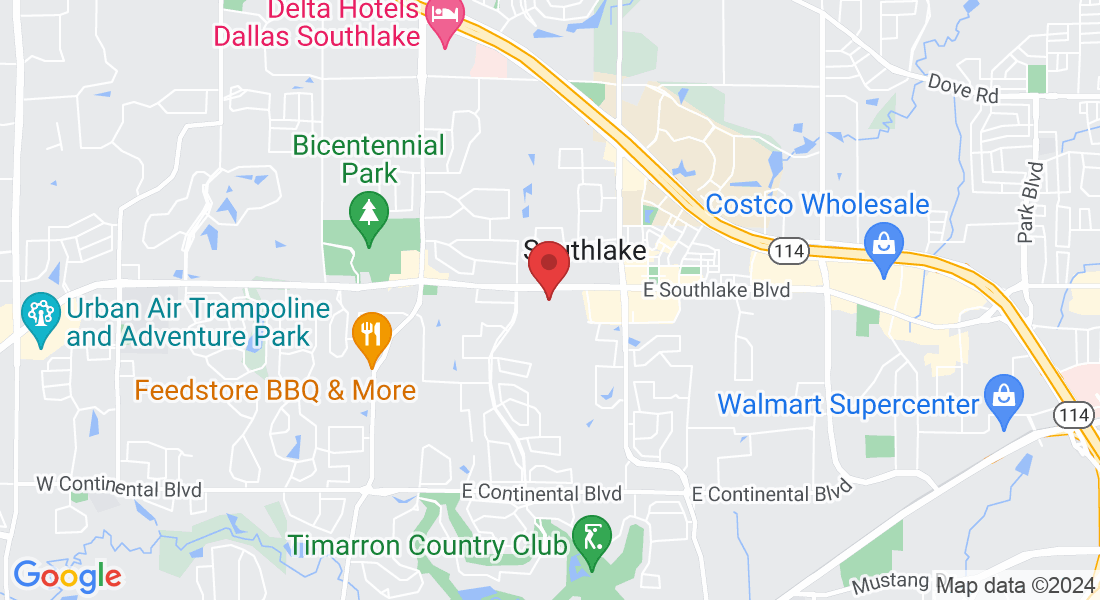
(682) 328-5148
Understanding Neuropathy
Neuropathy, or peripheral neuropathy, is a medical condition resulting from damage or disease to the peripheral nerves. These nerves facilitate communication between the brain and spinal cord to the rest of the body. They are vital for transmitting sensations such as pain, temperature, and touch, controlling muscle movements, and regulating various bodily functions.

Causes of Neuropathy:
Neuropathy can arise from a range of underlying factors or conditions, including:
Diabetes
Prolonged high blood sugar levels can lead to diabetic neuropathy, one of the most prevalent forms of this condition.
Autoimmune Disorders
Diseases like rheumatoid arthritis, lupus, and Guillain-Barré syndrome can inflame or attack nerves, causing neuropathy.
Nutritional Deficiencies
A lack of essential vitamins such as B1 (thiamine), B6, B12, and vitamin E can lead to nerve damage and neuropathy.
Physical Injury
Trauma from accidents, falls, or repetitive stress can compress or damage nerves, leading to neuropathy.
Infections
Neuropathy can also develop due to viral or bacterial infections, including Lyme disease, HIV, and hepatitis C, which may inflame or directly damage the nerves.
Genetic Disorders
Genetic conditions like Charcot-Marie-Tooth disease represent a group of inherited disorders that impact peripheral nerves..
Alcohol Abuse
Excessive alcohol consumption can lead to vitamin deficiencies and direct nerve damage, resulting in neuropathy.
Exposure to Toxins
Contact with specific toxins and chemicals, such as those found in solvents, insecticides, and certain medications, can also lead
Other Diseases
Diseases that affect the nerves, such as kidney disorders, liver diseases, hypothyroidism, and connective tissue disorders, can also cause neuropathy.
Understanding Different Types of Nerve Pain (Neuropathy)
and How They Affect You
A Closer Look at Neuropathy Types and Their Symptoms
Peripheral Neuropathy
Nerve Pain in Your Arms and Legs
This is the most common kind of neuropathy. It happens when the nerves that send messages of touch and movement between your brain, spinal cord, and your arms, legs, and feet aren't working right. You might feel numb, or like you have pins and needles, or even a burning pain in your hands and feet, or up and down your legs. Over time, you might find your muscles getting weaker, making it harder to do things that need careful movements, like buttoning clothes or picking up small objects. Walking might become difficult without some help.If it gets worse, you could have trouble feeling things like heat or sharp objects, which means you might not notice if you get burned or cut.
Autonomic Neuropathy
Nerve Pain That Controls Automatic Body Functions
This type affects the nerves that handle things in your body that happen without you thinking, like your heartbeat, digestion, and controlling when you go to the bathroom.If these nerves are damaged, you might feel dizzy when you stand up quickly, have trouble with your stomach like constipation or feeling full quickly, or find it hard to control your bladder. It might also affect your sex life. You could also have trouble with sweating too much or not enough, making it hard to stay comfortable in hot weather or when exercising.
Focal Neuropathy
Nerve Pain in a Specific Area
Sometimes, the damage is just to one nerve or a group of nerves in one area. This can cause pain or weakness right where the problem is. For example, carpal tunnel syndrome affects the wrist and can make your hand feel numb or weak. Bell's palsy affects your face and can make one side of your face droop or become stiff. You might suddenly feel a sharp pain or find that some muscles don't seem to be working right, depending on which nerve is affected.
Compression Neuropathy
Nerve Pain from Nerves Being Squeezed
This happens when a nerve is pinched, which can be due to getting hurt, doing the same action over and over, or because of the way your body is built. Like with carpal tunnel syndrome, which makes your wrist hurt and hand weak, or sciatica, which can cause pain that runs from your lower back down your leg. The pain can spread out from the spot where the nerve is pinched, and you might also feel numbness or that your muscles are weaker.
Neuropathy can really change how you live, making it tough to do normal activities, work, or enjoy hobbies. Understanding what's causing your nerve pain is important, so you can get the right treatment and make your daily life better. Taking care of the root problem, as well as managing the pain and other symptoms, is key to helping you stay active and comfortable.
We Are Pioneering Neuropathy Treatment Options
At Get It Back Health & Wellness, our commitment is to offer more than just temporary relief for those suffering from Peripheral Neuropathy. We understand the profound impact this condition can have on daily life, and our mission is to address it at its source. Our unique approach focuses on identifying and treating the root cause of our patients' neuropathy, moving beyond the conventional strategy of simply managing symptoms like high blood sugar levels.
Upon choosing our center, patients embark on a comprehensive journey toward healing. The process begins with an in-depth evaluation, utilizing a variety of tests and analyses to pinpoint the specific factors contributing to each individual's neuropathy. Under the careful guidance of our dedicated medical professionals, each patient receives a customized treatment plan. This plan may include specialized supplementation and other interventions aimed directly at addressing the underlying causes of their condition.
Our proactive and personalized methodology is central to our philosophy. At Get It Back Health & Wellness, we don't just aim to manage the symptoms of Peripheral Neuropathy; we strive to improve our patients' overall health and enhance their quality of life. Through our targeted approach, we've seen significant success in reducing our patients' dependence on medications and helping them return to a life not dictated by neuropathic pain.
Recognizing the Signs of Neuropathy
The symptoms of neuropathy can widely differ, shaped by the specific nerves impacted and the root cause of the condition. Frequent symptoms include:
A sensation of numbness, tingling, or prickling, often beginning in the hands or feet and possibly spreading to other parts of the body.
Muscle strength may decrease, or in severe cases, paralysis might occur.
Difficulties with coordination and maintaining balance, affecting daily activities.
Experiencing sharp, burning pains or sudden, intense bouts of pain.
An increased sensitivity to touch, where even light contact can be uncomfortable.
For neuropathy affecting the body's automatic functions, digestive issues or problems with bladder control may arise.

Identifying and treating the underlying cause of neuropathy is essential to manage and reverse the condition effectively and to halt further nerve damage.
Traditional Approaches to Peripheral Neuropathy: An Overview and Limitations
Traditional Treatment Modalities
Peripheral Neuropathy, a condition resulting from damage to the peripheral nerves, has historically been addressed through a variety of conventional medical treatments. These approaches primarily focus on symptom management and may include:
Limitations of Traditional Approaches
While these conventional treatments can provide symptom relief and improve quality of life to some extent, they come with several limitations that can greatly affect your quality of life and prohibit you from living the life you want:
Medications: Prescription drugs, such as pain relievers, anti-seizure medications, and antidepressants, are commonly used to manage pain and discomfort associated with Peripheral Neuropathy. While these can provide temporary relief, they do not address the underlying cause of the nerve damage.
Physical Therapy:Aims to improve mobility, strengthen muscles weakened by nerve damage, and maintain muscle tone. Physical therapy can be beneficial but does not halt the progression of
neuropathy.
Lifestyle Modifications:Recommendations may include dietary changes, exercise, and avoiding factors that can worsen the condition, such as exposure to toxins or certain activities that strain the affected nerves. While helpful, these changes often offer limited improvement in symptoms.
Supplements and Vitamins:Some protocols suggest the use of B vitamins or other supplements to support nerve health. However, their effectiveness can vary greatly among individuals and might not be sufficient for severe cases.
Symptom Management Over Root Cause Resolution: The primary limitation is the focus on symptom management rather than addressing the underlying causes of Peripheral Neuropathy. This approach can lead to ongoing discomfort and the progression of the condition over time.
Side Effects of Medications: Medications used to treat neuropathy symptoms can have side effects and may not be suitable for long-term use, especially in older patients or those with multiple health issues.
Generalized Treatments: Traditional approaches often apply a one-size-fits-all treatment plan that may not cater to the unique needs of each patient or consider the specific etiology of their neuropathy.Inadequate Long-term Relief:Many patients find that the relief provided by conventional treatments is temporary, leading to a continuous search for more effective solutions.
Lack of Comprehensive Care: There is often a gap in providing a holistic, multidisciplinary approach that incorporates not just physical but also psychological and nutritional support necessary for managing chronic conditions like neuropathy.

(682) 328-5148
771 E Southlake Blvd, Ste 226, Southlake, TX 76092
***Located inside NTsuites Southlake Salons & Offices
Hours: Monday-Friday 8am-12pm, 1pm-5pm
